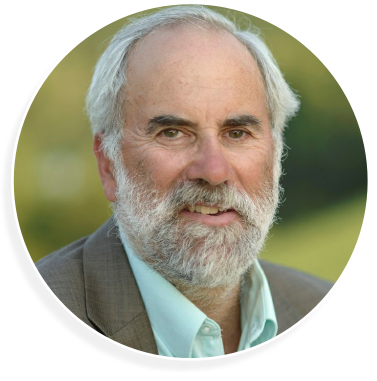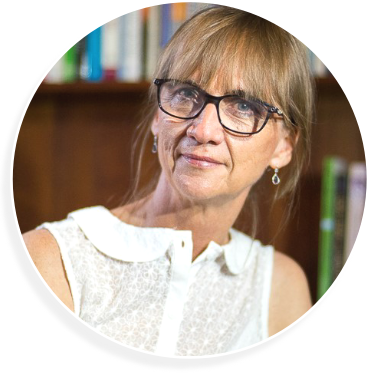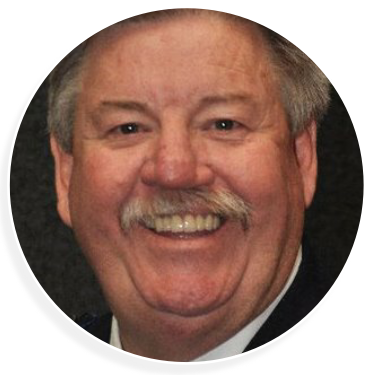WORKSHOP SUMMARIES

|
KEN NORTON EXECUTIVE DIRECTOR,NAMI NH The Role of Faith Leaders in Suicide Bereavement: Postvention Guidelines and Training
Thursday half-day 8:30am-12:30pm
SUICIDE POSTVENTION TRAINING FOR FAITH LEADERS
Faith leaders are often the first people a family will call after a suicide. They need to be prepared to support the family, faith community, and other community members in the aftermath of a suicide. Since knowing someone who has died by suicide is one of the highest risk factors for suicide, taking steps to reduce risk and promote healing after a suicide (postvention) becomes an important part of prevention efforts.Postvention is a proactive planning tool to respond effectively in the event of a suicide death. Using National Best Practice protocols, participants will learn how to reduce the risk of contagion and create a comprehensive response plan in the event of a suicide. The training includes interactive case scenarios, discussion, exercises, PowerPoint and printed materials.Ideally, postvention training is provided in advance to prepare faith leaders to respond to a suicide and to enable faith communities to incorporate postvention protocols into their policies and procedures. Training and/or technical assistance can also be provided following a suicide death. SUICIDE POSTVENTION TRAINING HIGHLIGHTS • Skills and knowledge to coordinate a safe and supportive faith community response to a suicide death, based on National Best Practice protocols • The role of faith
leaders when responding to a suicide death, including recommendations for
obituaries and death notices, memorial services and funerals, and safe
messaging in response to media inquiries
• The complexity of
suicide-related grief and cultural considerations regarding suicide
• Resources to
assist the family and other survivors in the aftermath of suicide, including
emotional support and cleaning options
• Strategies to
encourage help-seeking, reduce stigma and promote healing for survivors
• The dynamics of
contagion (pacts, clusters, copycat suicides) and strategies for reducing this
risk in the
faith community
• Recognizing
warning signs for suicide in those who may be at risk after a suicide death
• Engaging faith
communities as on-going support for the family
• The benefits of an integrated
community-based model for responding to a suicide death
|

|
|
CHIEF INSPECTOR GARY RAYMOND APM, OAM (retired) The Challenges confronting First Responders & Caring Professions at the Scene of a Suicide & Afterwards
Thursday half-day 1:30pm-5:30pm
BIOGRAPHY
Gary performed 5 years as an Ambulance Officer then 37 years as a Police Officer. He performed duty as a Police Rescue Suicide Crisis Negotiator & Police Peer Support Officer. Gary now works with the Police Post Trauma Support Groups NSW & Welfare Officer Retired Police Association Parramatta/The Hills Branch NSW.
As a
former serving Ambulance Officer, Police Officer, Police Rescue Suicide Crisis
Negotiator, Detective & Police Peer Support Officer, he has experienced
firsthand the aftermath on Police after they attend the scene of a suicide. Every
suicide scene is different. They are often very confronting suicide
methodology, sensory stimuli, investigative challenges and submitting final
reports. Dealing with those bereaved is a very deep challenge for First
Responders. We will unpack the aftermath on the cognitive, emotional, physical
and behavioural short- term & long-term effects on First Responders &
the Caring Professions. We will then explore & present postvention
strategies which support First Responders & the Caring Professions (along
with their families) who are impacted after such a challenging duty.
INVITED WORKSHOP PARTICIPANTS
Police (AFP & NSW), Ambulance, St John Ambulance, Red Cross, Fire, Rural Fire, SES, VRA, Corrective Services, Juvenile Justice, Coroner, Border Force, Immigration, Lifeline, Church Caring agencies, NSW Health, Police Legacy, Police Association NSW, Therapy, Counselling/Welfare practitioners & Helicopter Rescue Services THEMES TO BE EXPLORED
|


|
ASSOC. PROF. JUDITH MURRAY Building and Enhancing Care across the Community: Postvention Care in the Context of Broader Therapy Processes PRESENTATION SUMMARY There is the tendency in our current mental health system toward increasing specialisation of care for particular clients, ‘problems’ and techniques. But yet suicide bereavement is not confined to geographical locations or social groups where expertise in postvention is available. And few institutions actually offer specialist training in such care. If we are going to enhance and build the capacity of our mental health system to offer effective care across the community we will need to build care for postvention into broader principles of care. This workshop will consider the embedding of postvention care into a broader approach to therapy in general.
BIOGRAPHY
Judith is currently an Associate Professor in Counselling and Counselling Psychology at The University of Queensland Australia. Judith has been the Director of the Master of Counselling Program from 2003-2010 and since 2015. She also assisted in the establishment of the Master of Applied Psychology (Counselling) at UQ. Previous to this position she was responsible for the establishment of a Loss and Grief Unit in the Centre for Primary Health Care in the School of Population Health. Judith is also a registered nurse having worked part time from 2010-2016 in Haematology and Oncology at The Princess Alexandra Hospital, Brisbane, Queensland.
Judith is a qualified secondary school teacher, psychologist, and nurse. She is the author of numerous papers, and resource packages and books. She has served on a number of national consultations for bereavement, postvention and children’s grief and is on the Board of a national aid organization. Judith has worked consistently to further the use of loss as an integrative concept within the health, welfare and education sectors which is articulated in the book “Understanding Loss: A Guide for Caring for Those Facing Adversity” (Routledge).
” (Routledge).
|


|
KEN NORTON EXECUTIVE DIRECTOR,NAMI NH Engaging Communities in a Coordinated Response to Suicide Thursday half-day 1:30pm-5:30pm
ENGAGING COMMUNITIES IN A COORDINATED RESPONSE TO SUICIDE This workshop familiarizes participants with nationally recognized best practices for responding to a suicide, examines the risk of contagion and strategies for reducing this risk, explores concepts and strategies to promote healing for survivors and communities, and identifies the roles of key service providers in a coordinated community response to a suicide. Utilizing NAMI NH’s Connect Postvention Planning process as a model and drawing from the National Action Alliance On Suicide Prevention Survivor of Suicide Loss Task Force recommendations as well as using case examples, the workshop will demonstrate how Best Practice Protocols/training with key service providers can be done proactively to reduce risk and promote healing after a suicide death. Strategies are identified for engaging key stakeholders/service providers to incorporate postvention protocols into suicide response plans and establish relationships and memos of understanding prior to crisis situations to ensure seamless communication and interface when a traumatic incident occurs. OBJECTIVES
TARGET AUDIENCE
OUTCOMES
By the end of the workshop participants will be able to;
|


|
KEN NORTON EXECUTIVE DIRECTOR,NAMI NH Providers As Survivors of Suicide Loss
Saturday 1.5 hour workshop
SUMMARY
The impact of a suicide death reaches well beyond the family and friends of the deceased and includes service providers, first responders and other individuals who may have had a professional relationship with the person. Likewise the death of a family member, friend or colleague can also take an emotional and professional toll on key service providers in a community. Too often providers receive inadequate support in navigating the difficult legal, ethical, personal and performance related issues which can occur in the aftermath of a suicide death. This workshop will explore these difficult challenges and will include a panel of providers who will discuss how suicide has impacted them. |

|
|
MORE WORKSHOPS MORE INFORMATION COMING SOON
|





